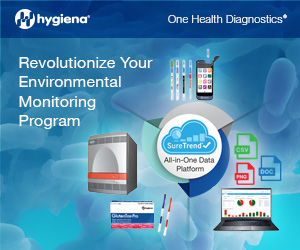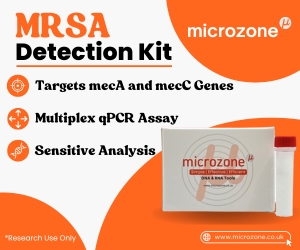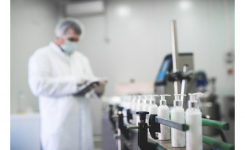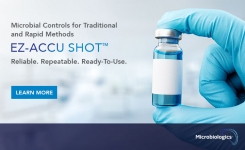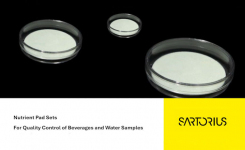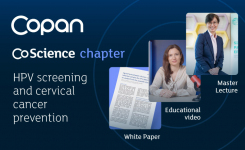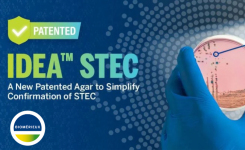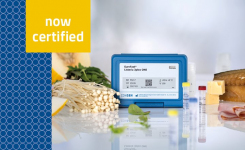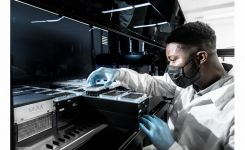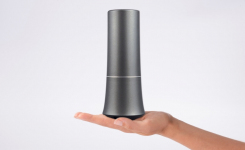Food Pathogen Screening - GeneDisc Gives Sample to Result in 8hrs
go back to news archives| | From food samples to results in
|
Quantitative Polymerase Chain Reaction (qPCR) is a key DNA analysis technology increasingly being adopted to screening of food for the absence of pathogenic microorganisms. This sensitive and precise method is used in many critical analytical applications, including clinical diagnostics and Legionella testing. For more information on Pall's GeneDisc® technology for food applications, please visit: http://www.genesystems.fr/en/Our-Food-Products/id-menu-71.html or email genedisc@pall.comFor any method used for routine quality assurance, there are numerous critical requirements that must be met including accuracy, precision, reproducibility, ruggedness, robustness, ease-of-use and economy. Pall Life Sciences recognised these needs when it selected and acquired GeneSystems Corp. roughly one year ago, see: http://news.pall.com/article_display.cfm?article_id=4345. Pall's closed-system GeneDisc® technology minimises operator intervention and maximises assay reproducibility. For further details of how the GeneDisc system's AFNOR-validated technology achieves this performance, please visit http://www.rapidmicrobiology.com/news/483h4.php Testing meat products for the absence of pathogenic bacteria is a key application for Pall's GeneDisc technology, which can help by providing evidence of pathogens quickly and accurately, saving time and resources. It is crucial to differentiate between the most pathogenic strains of Escherichia coli and those that may represent a lower degree of risk. Over 700 serotypes of E. coli have been identified to date. Among the most pathogenic E. coli are the enterohaemorrhagic E.coli (EHEC) strains. These strains produce both shigatoxin and adhesine, controlled respectively by the stx and eae genes - in contrast to shigatoxic E. coli (STEC) strains, which carry the stx gene and produce shigatoxin but not the intimin receptor required for haemorrhagic diarrhea. Strains of E. coli that carry both the stx and eae genes are responsible for haemorrhagic diarrhea and may provoke severe hemolytic and uremic syndromes (HUS) which can be potentially lethal. E. coli O157:H7 is the most frequently identified EHEC strain in clinical HUS. Pall's GeneDisc technology enables rapid detection of EHEC strains, together with the STEC strains, E. coli O157, Salmonella spp., Listeria spp. and Listeria monocytogenes. By targeting the pathogenic strains of E.coli, it reduces the number of false positives caused by non-pathogenic E.coli O157 detection using purely culture method, immuno-assay or phage based assays. From food samples to results in 3 simple steps in one day
For more information on this presentation, please visit: http://www.pall.com/biopharm_52010.asp |
NOTE: This item is from our 'historic' database and
may contain information which is not up to date.
Source : Pall Life Sciences View Company Information
Posted on November 5, 2009



